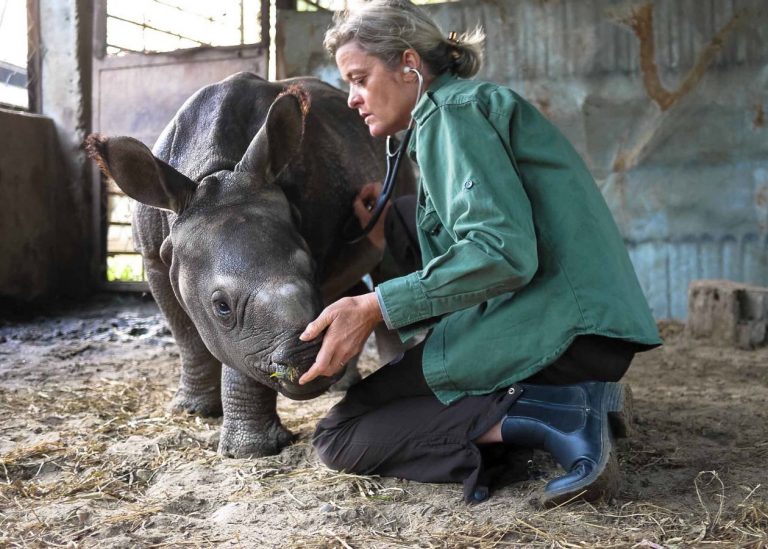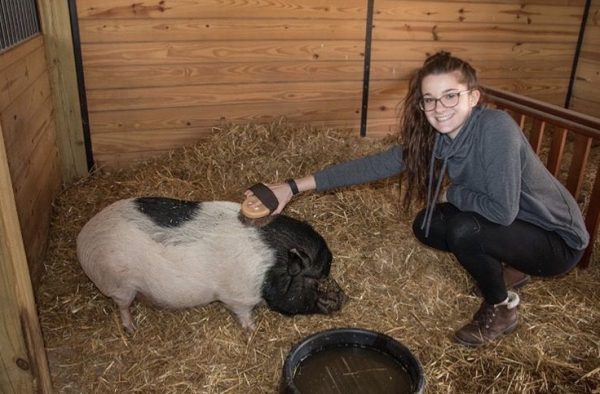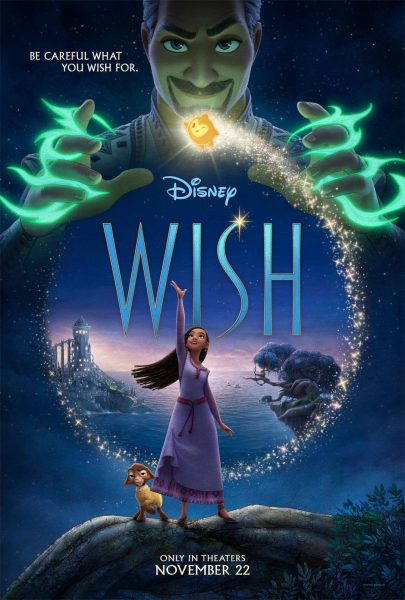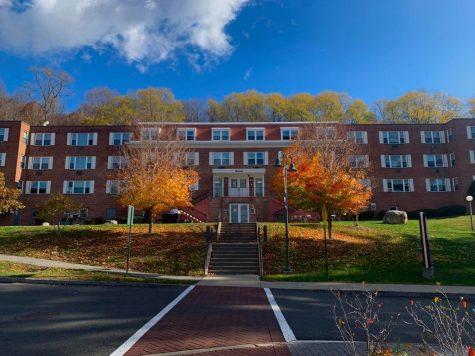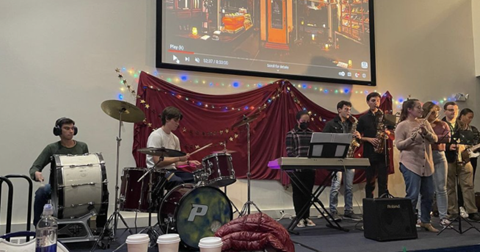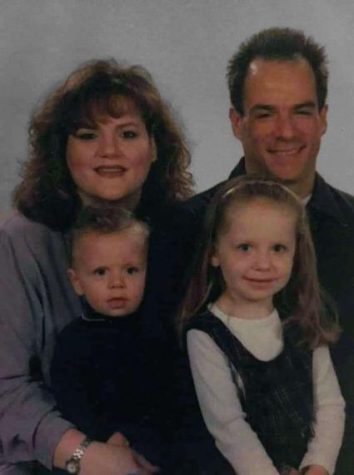Wildlife Vet Deborah McCauley Chats With Pace
Dr. Deborah McCauley working with a rhino.
November 23, 2019
Ever since her childhood, growing up locally in Pound Ridge, Dr. Deborah McCauley knew she wanted to work with animals for her whole life. Specifically, wildlife animals.
Today, as a trained wildlife veterinarian, McCauley has worked all over North America, Africa, and Asia to protect endangered wildlife and set up disease surveillance and wildlife health programs. This past Thursday, McCauley came to Pace to talk about her most recent work with wildlife.
In 2012, McCauley and her partner founded Veterinary Initiative for Endangered Wildlife, also know as VIEW. VIEW’s mission is to “protect endangered wildlife by tackling the health threats they face in their native habitats.” They are the only wildlife conservation organization focused solely on wildlife health within their habitats, and protecting wildlife by tackling health threats that they face.
Throughout her presentation, she explains that many wildlife deaths are written off as natural causes and not investigated. As a scientist, McCauley says, she feels she needs to investigate to found out the actual cause of death.
“We were able to report major mortality in the rhinos,” McCauley said. “ Through an investigation, we were able to find the first-ever case of tuberculosis in a rhino. I knew every time I went to Nepal there were more rhinos dying. We needed to track it to find out why sixty percent of diseases, humans share with animals.”
VIEW aims to give the places they visit the tools they need to protect and help wildlife on their own. They provide training, infrastructure, and research to wildlife professionals around the globe. To train, they hold workshops for local wildlife veterinarians to equip them with the tools and skills needed to ensure healthy wildlife. VIEW helps to create and maintain facilities that can be used for disease investigation and wildlife care. VIEW also targets its investigation to gain a better understanding of wildlife health risks.
This type of program has been most recently executed in Nepal, where VIEW has worked with local wildlife veterinarians to educate them on disease prevention, habitat encroachment, poaching, climate change, and many other issues. They have provided capture and immobilization training, wildlife health and post-mortem examination training, clinical wildlife medical training, as well as creating a wildlife disease laboratory and helping develope the Chitwan wildlife hospital. To help better understand and protect species that are important to the country, VIEW has helped create a Wildlife Health Information System, WHIS, which will collect an extensive amount of wildlife data. It is still being beta tested but, would provide local vets with valuable information to help local wildlife.
McCauley has been awarded the Ashoka Fellow in 2018 for her work in Nepal. Ashoka Fellows are the world’s leading social entrepreneurs. They execute new and innovative ideas that help improve society, providing benefits and improving the lives of millions of people.
“There’s something missing in conservation, wildlife veterinarian, and wildlife health,” McCauley said. “I believe animals need to be helped. Remove that ceiling telling you that you can’t.”

